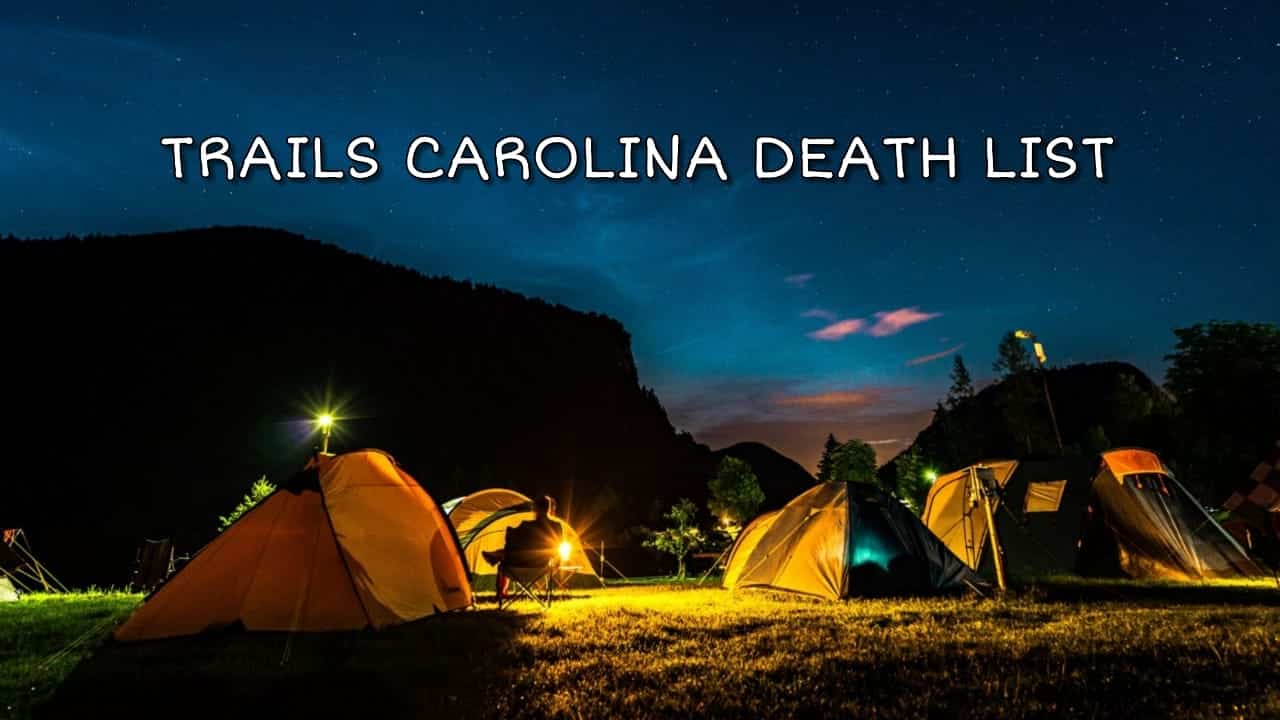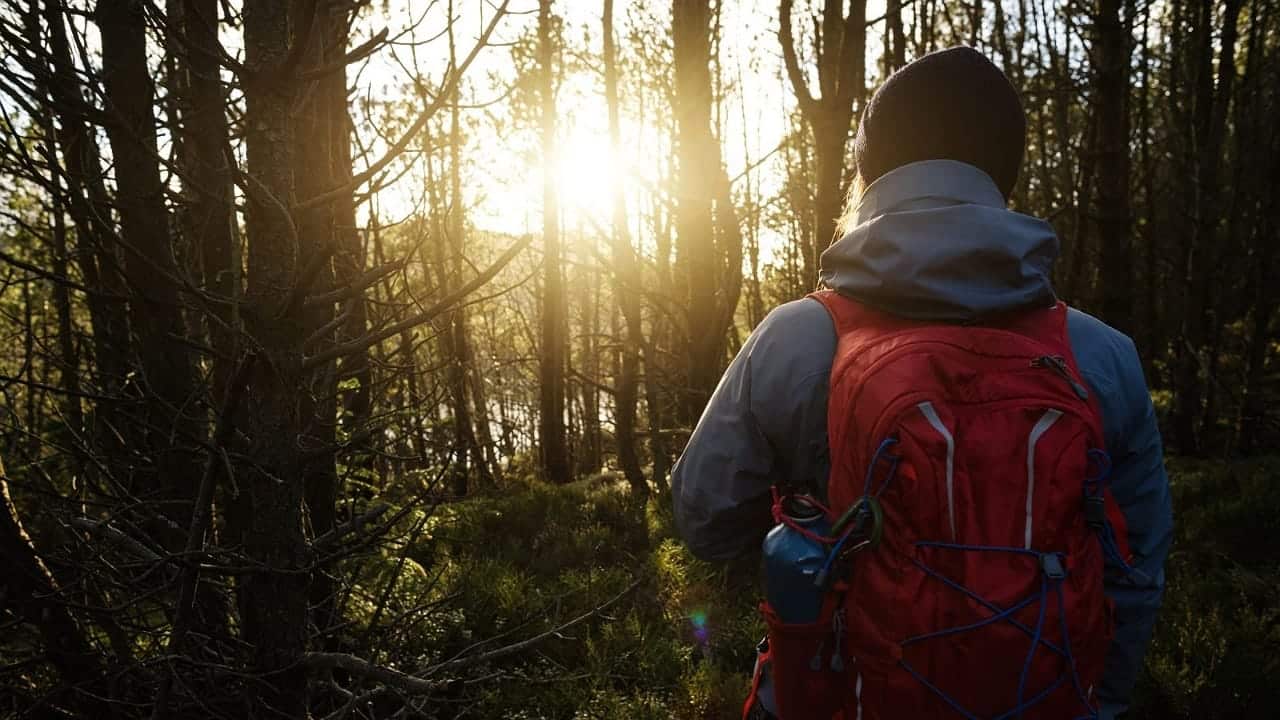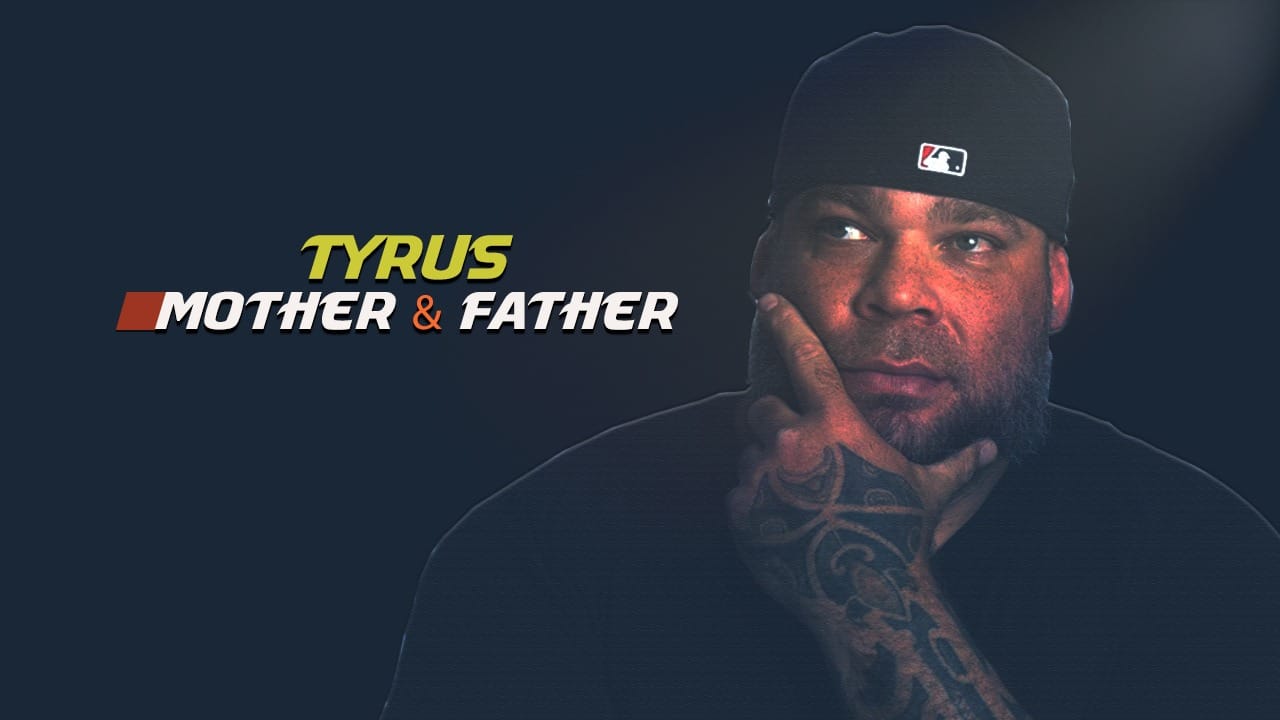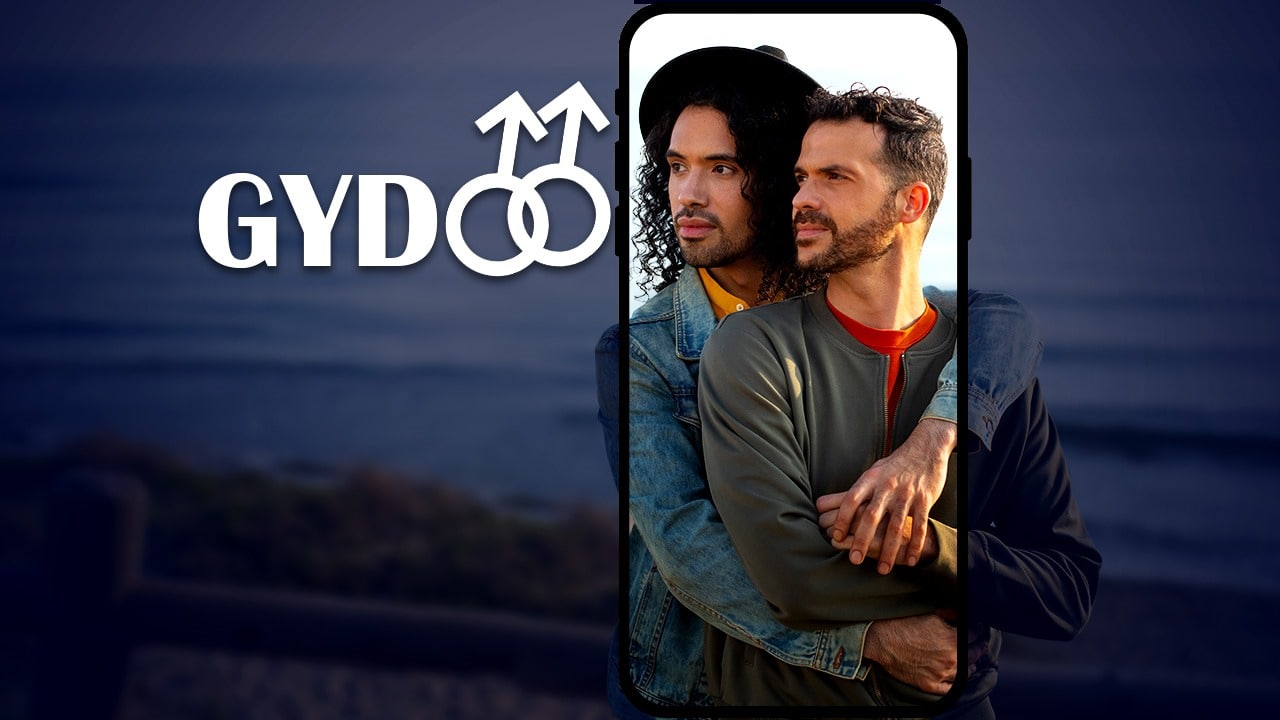Facing mental health challenges is tough, especially for teens. Many families look for help far and wide, hoping to find a solution that clicks. Sometimes, they consider wilderness therapy as an option.
Here’s something you may not know: Trails Carolina, a well-known program in this field, has been linked to serious concerns.
Trails Carolina sits nestled in North Carolina but carries a heavy history of tragedies involving teenagers since 2018. This blog aims to shed light on the controversies encircling its operations, offering insights into the heart-wrenching stories that have surfaced over the years.
We’ll explore legal battles, dive deep into what experts say about such programs’ risks and benefits, and provide guidelines for finding safe alternatives.
Understanding these issues can be crucial. Ready to learn more?.
What is Trails Carolina?
Trails Carolina is a wilderness therapy program aimed at helping troubled teens. They combine outdoor adventures with educational activities and therapy sessions. Teens struggling with issues like emotional resilience, panic attacks, or video game addictions find a place here.
It’s not just about the tough love of nature; it also brings in psychotherapists and clinical psychologists for mental well-being.
This place gets kids out of their comfort zones—away from screens, social media noise, and daily pressures. Through hikes, camping under the stars, and group discussions, they learn life skills that aim to boost their confidence and coping mechanisms.
The idea is simple yet powerful: connect with nature to heal inside and out while being guided by professionals every step of the way.
Overview of Trails Carolina Death List
The Trails Carolina Death List sheds light on some deep, dark corners of wilderness therapy. It tells a tale that’s hard to digest—of young lives cut short and dreams left unfulfilled.
The Case of Alec Lansing
Alec Lansing’s story shook many to the core. At only 16, he tragically lost his life at Trails Carolina, a wilderness therapy camp aimed at helping troubled teens. His journey there ended in ways no family ever imagines when they seek help for their loved one.
Heartbreakingly, Alec walked away from the group and was later found dead from hypothermia—a stark reminder of the dangers these programs can pose.
His case sparked outrage and deep concern over safety measures at such facilities. Questions flew about how something so tragic could happen under the watchful eyes of supposed professionals.
Alec’s death became a pivotal moment, raising alarms over accountability and adherence to best practices in wilderness therapy camps across the nation. It urged families to look closely at where they send their children for help, emphasizing the importance of thorough research into any program’s safety records and medical support systems.
Katelyn Haruko’s Story
Katelyn Haruko walked away from wilderness therapy with more than just her backpack. She carried bulimia, PTSD, and manic depression out of the woods with her. Life after the program became a battleground.
Eating was a challenge, nightmares were routine, and happiness seemed like a fairy tale.
Her story paints a stark picture: wilderness therapy didn’t heal; it hurt. Katelyn feels these programs wrecked her life before it truly began. Instead of finding solace in nature’s embrace, she stepped into an invisible trap that left deep emotional scars.
Now, she navigates each day weighed down by battles far harder than those trails ever were.
Caleb Jensen’s Tragic Journey
Caleb Jensen’s story took a tragic turn at Trails Carolina. His journey in the wilderness therapy program ended far too soon. Caleb, like too many before him, faced challenges that overwhelmed the support provided.
His loss sent shockwaves through communities, highlighting urgent concerns about safety and care in such settings.
A thorough look into what happened sheds light on broader issues within these programs. Questions about medical care, staff expertise, and risk management come to the forefront. Caleb’s experience became a catalyst for change, pushing for more rigorous oversight and improvements in how programs like Trails Carolina operate to prevent future tragedies.
Sergey Blashchishen’s Fatal Experience
Sergey Blashchishen’s story adds a chilling chapter to the Trails Carolina narrative. His journey ended tragically on a wilderness therapy expedition. The incident sparked outcry and raised serious questions about safety protocols in such programs.
After joining Trails, Sergey faced harsh conditions that proved fatal. This case shed light on critical issues within wilderness therapy, highlighting the need for improved oversight and stricter safety measures to prevent future tragedies like Sergey’s.
Disturbing Events at Trails Carolina
Shocking truths have surfaced in the woods of Trails Carolina. Teens faced harrowing experiences, far from what any wilderness therapy should entail. Reports highlighted not just the chilling cold at night but a climate of fear day in, day out.
Imagine feeling helpless, miles away from home, expecting to heal but instead encountering restrictions that left scars deeper than before.
The story took a darker turn with the tragedy of a 12-year-old’s death—unnatural and still shrouded in mystery after the medical examiner’s report. This incident didn’t just raise eyebrows; it spurred investigations that are peeling layer by layer off Trails Carolina’s procedures and safety measures—or, notably, their absence.
Former campers’ voices join this chorus, painting pictures of days filled with restrictions rather than recovery—a stark contrast to the nurturing environment such programs promise.
Legal Claims Against Trails Carolina
Several families and former participants have thrown legal challenges at Trails Carolina. They point to troubling experiences, including one instance where a participant alleges they were sexually assaulted and the program didn’t stop it.
Such claims stir up serious questions about oversight and the duty of care in wilderness therapy settings. The wheels of justice are turning, with lawsuits spotlighting not just individual grievances but hinting at systemic issues within the program.
In 2014, a former staff member’s lawsuit shone a light on another dark corner: allegations of forced physical restraints and excessive force. This isn’t “tough love” or part of any therapeutic process; it’s a matter for the courts to unravel.
These legal battles bring much-needed attention to practices that may put students at risk instead of nurturing their growth. With each court date comes another chance to demand better standards and ensure no other teenager faces similar risks while seeking help.
The Impact of Trails Carolina Incidents on Public Perception
The news hit like a thunderstorm—stories of loss and tragedy from Trails Carolina shook the ground, forcing people to question the safety and oversight of wilderness therapy programs.
Suddenly, conversations shifted. These programs ceased to be just an adventure or a fresh start and instead came under the scrutiny of both concerned citizens and worried parents.
These incidents weren’t just ripples in a pond; they were waves crashing against the very foundation of trust that families had placed in such treatments.
Public perception took a nosedive as unsettling accounts made their rounds on social media platforms and through word-of-mouth. Calls for stricter oversight grew louder, echoing through forums and discussions where once there had been praise or curiosity.
Accountability became the watchword – everyone agreed something needed to change. The narratives emerging from Trails Carolina painted a picture that was hard to ignore, turning heads towards not just them but all wilderness therapy sessions with suspicion hanging heavily in the air like fog over a morning river.
The Risks and Benefits of Wilderness Therapy Programs Like Trails Carolina
Wilderness therapy programs have their ups and downs—think of it like a rollercoaster. On the upside, they offer troubled teens a chance to hit the reset button. Imagine swapping out screen time for nature trails, educational adventures, and sitting around campfires where real talk happens instead of texting.
These settings can kickstart positive changes in kids grappling with anger management issues or trauma-induced behaviors. Plus, family involvement gets a boost when parents see tangible progress.
However, there’s no ignoring the darker side. Recent incidents at spots like Trails Carolina have thrown a spotlight on what can go wrong without tight safety nets and eagle-eyed supervision.
Talks about risks are not just cautionary tales; they’re red flags waving in the face of potential danger—from mishaps on challenging terrain to more grave concerns over mental well-being without adequate medical support nearby.
It’s clear as day: These programs must walk a fine line between pushing boundaries for growth and keeping everyone safe from harm’s way.
Key Considerations for Choosing a Safe Wilderness Therapy Program
Picking the right wilderness therapy program is like choosing a sturdy rope for rock climbing—you want something reliable that won’t let you down. Look out for signs that show a program cares deeply about safety, from their team’s qualifications to how they handle emergencies.
Accreditation and Licensure
Choosing a safe wilderness therapy program isn’t just about feeling good vibes; it’s serious business. Think of accreditation as a big thumbs up from the folks who set high standards in healthcare and education.
These stamps of approval mean a program has passed rigorous checks and balances, ensuring they’re up to snuff in providing quality care.
Licenses are another non-negotiable. They tell you the program is officially allowed to operate by government bodies. Without them, you’re flying blind into unknown territory. This paperwork might sound boring, but it’s your assurance that the place doesn’t just talk the talk—they walk the walk, legally and ethically.
Staff Expertise
Trails Carolina boasts licensed therapists on its team, present two to three days a week. That’s a start, but what about the other days? The field instructors, those in the trenches with campers day in and day out, have voiced concerns.
They say they’re not quite equipped to tackle the heavy-duty care some of these kids need. It’s like being handed a screwdriver when you really need a hammer.
The training for these instructors—it’s no walk in the park. Sure, they get versed in first aid and how to prevent someone from hitting rock bottom mentally. But here’s the kicker: their training was slashed from ten days to just five.
And most of that time? Focused on gear rather than grappling with crises or ensuring nutritional needs are met. Imagine trying to build a house with half your tools missing; that’s pretty much what we’re looking at here.
Medical Support
Making sure kids can get medical help in wilderness therapy programs is super important. Picture a kid out in the woods, far from the nearest doctor’s office – scary, right? That’s why these programs need to have doctors and nurses who know what they’re doing, ready to jump in if anything goes wrong.
It’s not just about treating cuts or sprains; it’s also about handling more serious stuff like asthma attacks or allergic reactions without batting an eye.
Now, toss in mental health support because, let’s face it, the mind needs care too. Kids dealing with tough emotions or trauma shouldn’t be left to figure it out on their own. Having experts who understand things like PTSD (post-traumatic stress disorder) and how trauma affects the brain can make all the difference.
They provide a listening ear and effective strategies to help young people heal inside and out while navigating through nature’s challenges.
Safety Measures
Safety measures in wilderness therapy programs are like seatbelts and helmets; they’re there to keep everyone safe on the journey. For starters, having a program that’s accredited and licensed becomes our first line of defense.
It means they’ve passed some tough tests to prove their worth. Then, we look at the staff—are they experts in what they do? Because, let’s face it, you wouldn’t want someone who just reads about hiking leading you up a mountain.
Next comes medical support. It makes sure help is on hand for everything from a splinter to more serious issues. Plus, communication with families needs to be as clear as glass. Families should know what’s happening every step of the way.
All these elements together create a safety net so thick that both participants and their loved ones can rest easy knowing risks are taken seriously and handled professionally.
Family Engagement
Family engagement is like the secret sauce in making sure a wilderness therapy program doesn’t just sound good on paper but actually tastes great. Imagine you’re picking a summer camp, but instead of looking at canoeing or horseback riding, you’re diving deep into counseling styles and safety protocols.
You wouldn’t send your kid off without doing your homework first, right? That’s where talking things over as a family comes into play. It’s crucial for understanding what your child needs and ensuring they get it in the safest way possible.
Choosing the right program involves more than just reading brochures or browsing websites. It means sitting down together to chat about expectations and fears. Think of it as planning a family road trip—everyone should have a say in where you’re going and how you’ll get there.
By getting involved early on, families can help steer their loved ones towards positive experiences that nurture growth without compromising safety or comfort. This hands-on approach helps in grasping both the tangible benefits and potential risks that come with wilderness therapy programs like Trails Carolina.
Frequently Asked Questions About Trails Carolina
Got questions about Trails Carolina? Dive right in to find the answers that everyone’s buzzing about.
Number of Reported Deaths at Trails Carolina
Several lives have been lost at Trails Carolina. These tragedies involve accidents and health issues, among other causes linked to the wilderness therapy environment. One notable case is Alec Lansing’s death, which shook the community and called for better safety measures.
Each loss has sparked debates on oversight in outdoor therapeutic settings. It’s a tough pill to swallow—knowing such promising journeys ended too soon. These incidents shed light on the critical need for enhanced protocols and vigilance in similar programs.
Causes of Deaths at Trails Carolina
At Trails Carolina, the deaths have varied causes. Some stemmed from accidents during challenging outdoor activities. Others were due to health issues that flared up in the tough wilderness environment.
Each tragedy had its own story, but they shared a common thread: the harsh reality of wilderness therapy’s risks.
Outdoor adventures can push limits, sometimes too far, leading to fatal outcomes. Health complications can turn serious without quick access to medical help. The setting meant for healing and growth, for some, became a place of irreversible loss.
Trails Carolina’s Response to the Incidents
Trails, Carolina, faced a storm of concerns after these tragedies came to light. They took steps, aiming to address the uproar and soothe worried families. The program emphasized its dedication to safety by tweaking procedures and protocols.
They also spoke about increasing staff training, focusing on trauma-informed care and emergency response.
In their communications, Trails Carolina highlighted efforts to work closely with authorities during investigations. They stressed improvements in their approach towards family therapy and participant well-being.
Public statements from them often underline a commitment to learning from these painful experiences and striving for a safer environment for all involved.
Implications of the Death List for Wilderness Therapy Programs
The death list at Trails Carolina throws a bright spotlight on serious issues in wilderness therapy programs. It’s like opening Pandora’s box—suddenly, everyone sees the risks and starts asking tough questions about safety and oversight.
With survivors sharing their stories online, millions are tuning in. They’re not just whispering about their experiences; they’re shouting for change.
This call to action is loud and clear: It’s time for stricter rules and eyes like hawks on these programs. Advocates are banging the drum for federal oversight to keep kids safe. The message? We need more than trust to ensure that therapeutic support does not turn into a tragic headline.
Safety protocols can’t be an afterthought—they must be front and center, with qualified staff leading the way under comprehensive watches.
Conclusion
So, we’ve walked through the deep forest of Trails Carolina and its controversies. It’s been a rocky path, filled with stories that tug at our hearts and questions that itch for answers.
Remember, when choosing a wilderness therapy program, it’s like picking your hiking boots—you want ones that fit right and won’t leave you with blisters down the road. Let’s keep our eyes wide open and tread carefully on this journey toward healing.






































